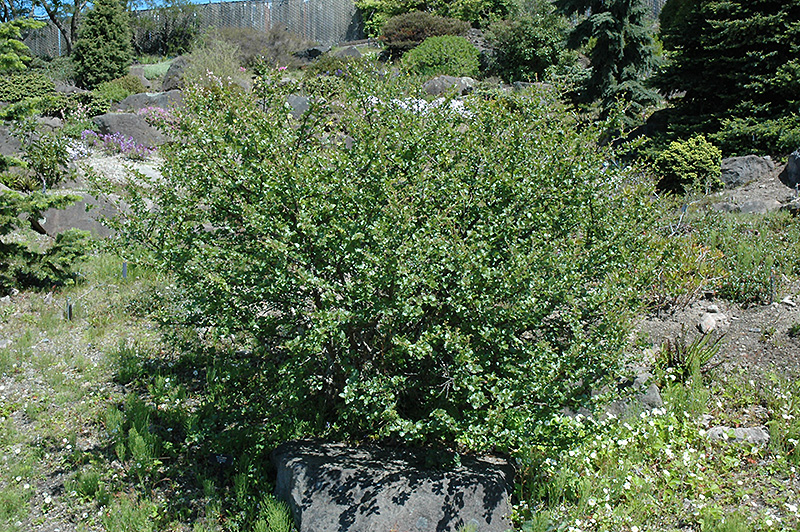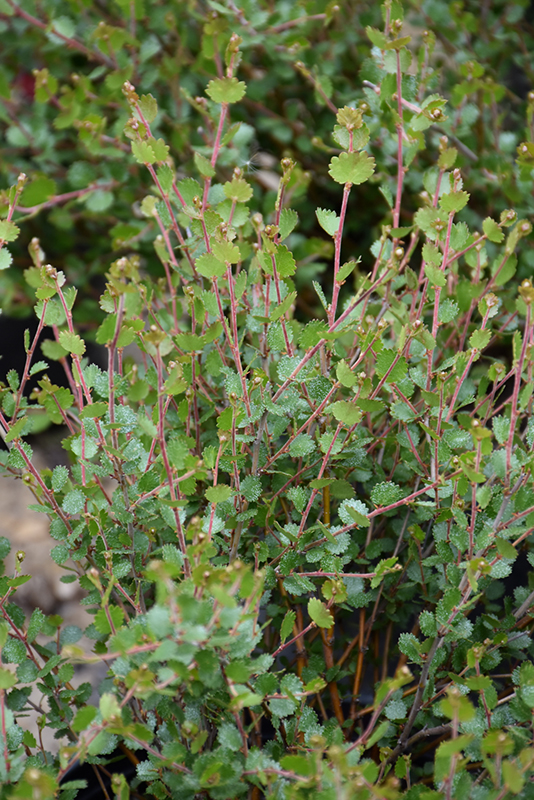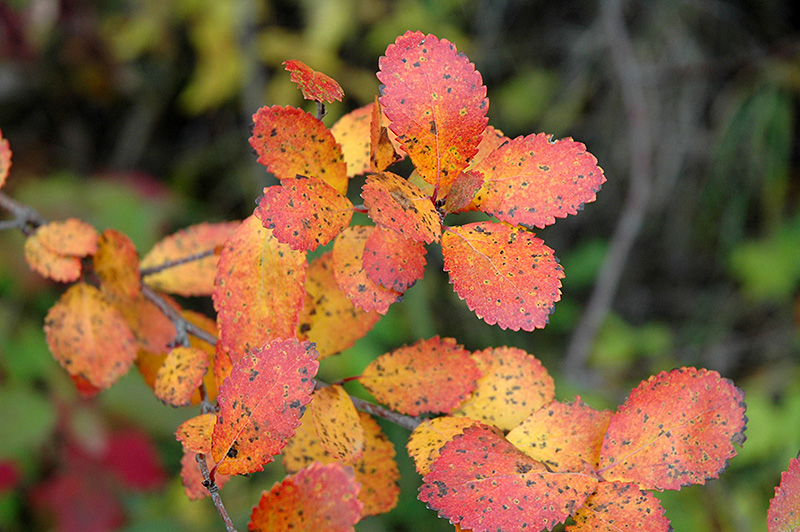-
About us
- Gift Cards
- Plant Library
-
Events & Services

SHOP ALL EVENTS & SERVICES >
Stylist Appointments
Make & Take Workshops
Private Plant Workshops for Groups
Corporate Planting Service
Commercial Landscaper Application
Spring Photo Sessions
Custom Arrangement Request
Plants & Pots-
Planters & Accessories
-
Garden Bulbs
- All Garden Bulbs
-
Seeds
- Potatoes
-
Perennials
-
Trees & Shrubs
- All Trees & Shrubs
-
Shrubs
- Sod
- Trees
- Fruit Trees
- Not available for online purchase

SHOP ALL PLANTS & POTS >
Planters & Accessories
Planters
Plant Accessories
House Plants
Citrus Trees
Seasonal
Trendy Tropicals
Succulents & Cacti
Potted Plants
Garden Bulbs
Bulbs
Seeds
Potatoes
Annuals
Herbs
Hanging Baskets
Custom Planters
Perennials
Shade
Shade-Ground Cover
Sun
Sun-Alpine
Vines
Trees & Shrubs
Evergreen
Shrubs
Sod
Trees
Fruit Trees
Not available for online purchase
Plant Care-
Plant Fertilizer
- All Plant Fertilizer
- Houseplant Fertilizer
-
Fertilizer for Perennials & Annuals
- Trees, Shrubs & Evergreens
-
Pest Control
-
Growing Supplies
-
Lawn Care
-
Bagged Soil, Rocks & More
- Beneficial Garden Insects
-
 Rick's Top Products
Rick's Top Products

SHOP ALL PLANT CARE >
Plant Fertilizer
Houseplant Fertilizer
Fertilizer for Perennials & Annuals
Trees, Shrubs & Evergreens
Pest Control
Rodent Control
Fungicides
Insects
Growing Supplies
Soil Meters & Testing
Lawn Care
Lawn Fertilizer & Seed
Weed Control
Sod
Bagged Soil, Rocks & More
Bagged Soil
Soil Amendments
Decorative Rocks
Tools
Gardening Gloves
Watering Tools
Gardening Tools
New Products
Beneficial Garden Insects
Rick's Top Products
Fashion-
Accessories
-
Tops
- All Tops
- Blazers
- Bodysuits
- T-Shirts & Shirts
-
Sweaters & Cardigans
- Tanks
- Bras & Bralettes
-
Bottoms
- Dresses
- Rompers & Jumpsuits
-
Outerwear
-
Loungewear
- Shoes

SHOP ALL FASHION >
Styled By Dutch
Alex's Picks
Western Inspired
Back to Basics
Stampede & Craven Fits
Accessories
Intimates
Hats
Hair Accessories
Jewelry
Handbags & Wallets
Tops
Blazers
Bodysuits
T-Shirts & Shirts
Sweaters & Cardigans
Tanks
Bras & Bralettes
Bottoms
Denim
Leggings
Shorts
Skirts
Pants
Dresses
Rompers & Jumpsuits
Outerwear
Coats & Jackets
Toques, Scarves & Gloves
SALE
50% OFF Select Outerwear
50% OFF Fashion
50% OFF Select Dresses
50% OFF Select Brunette The Label
Loungewear
Socks & Slippers
Sleepwear
Shoes
Home & Lifestyle-
Beauty & Wellness
-
Kitchen & Bar
-
BBQ & Accessories
-
Outdoor Living
-
Oils & Vinegars

SHOP ALL HOME & LIFESTYLE >
Home Decor
Stationery
Candles
Artificial Plants
Furniture
Glassware
Wall Decor
Lamps & Lighting
Tabletop Decor
Beauty & Wellness
Soaps & Lotions
Skincare Tools
Essential Oils & Diffusers
Kitchen & Bar
Dining
BBQ & Accessories
Grills
Grill Accessories
Pellets
Sauces
Spices & Seasonings
Food & Drink
Spices & Seasonings
Summer Drink Essentials
Food
Condiments
Dips & Toppings
Gift
Gadgets & Novelties
Travel
Outdoor Living
Garden Decor
Fountains & Statuary
Oils & Vinegars
Infused Oils
Balsamic Vinegars
SALE
50% OFF Home & Lifestyle
Baby & KidSHOP ALL BABY & KID >
Baby & Kid Accessories and Toys
Baby & Kid Apparel
Plant Library
Height: 3 feet
Spread: 4 feet
Sunlight:


Hardiness Zone: 1b
Other Names: Dwarf Birch, Bog Birch
Description:
Unlike most birches, this is a small naturally dwarf shrub with a compact, rounded habit and reasonably fine-textured foliage; extremely hardy and adaptable, does very well in wet sites; a good utility shrub for garden detail, impressive in groupings
Ornamental Features
Arctic Birch has dark green deciduous foliage on a plant with a round habit of growth. The pointy leaves do not develop any appreciable fall colour.
Landscape Attributes
Arctic Birch is a multi-stemmed deciduous shrub with a more or less rounded form. Its relatively fine texture sets it apart from other landscape plants with less refined foliage.
This is a relatively low maintenance shrub, and should only be pruned in summer after the leaves have fully developed, as it may 'bleed' sap if pruned in late winter or early spring. It has no significant negative characteristics.
Arctic Birch is recommended for the following landscape applications;
- Mass Planting
- General Garden Use
- Naturalizing And Woodland Gardens
Planting & Growing
Arctic Birch will grow to be about 3 feet tall at maturity, with a spread of 4 feet. It tends to fill out right to the ground and therefore doesn't necessarily require facer plants in front. It grows at a slow rate, and under ideal conditions can be expected to live for 60 years or more.
This shrub does best in full sun to partial shade. It is quite adaptable, prefering to grow in average to wet conditions, and will even tolerate some standing water. It is not particular as to soil type or pH. It is highly tolerant of urban pollution and will even thrive in inner city environments. This species is native to parts of North America.

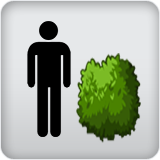
 Characteristics
Characteristics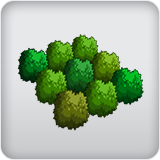
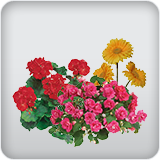
 ApplicationsFeatures & Attributes
ApplicationsFeatures & AttributesA NetPS Plant Finder tool
Secure PaymentComplies with all major credit cardsEstablished in 1953Local & Family OwnedEasy Returns & ExchangesUp to 30 days from purchase

 Stylist Appointments
Stylist Appointments
 Make & Take Workshops
Make & Take Workshops
 Private Plant Workshops for Groups
Private Plant Workshops for Groups
 Corporate Planting Service
Corporate Planting Service
 Commercial Landscaper Application
Commercial Landscaper Application
 All Jewelry
All Jewelry
 Handbags & Wallets
Handbags & Wallets
 Summer Drink Essentials
Summer Drink Essentials
 All Oils & Vinegars
All Oils & Vinegars
